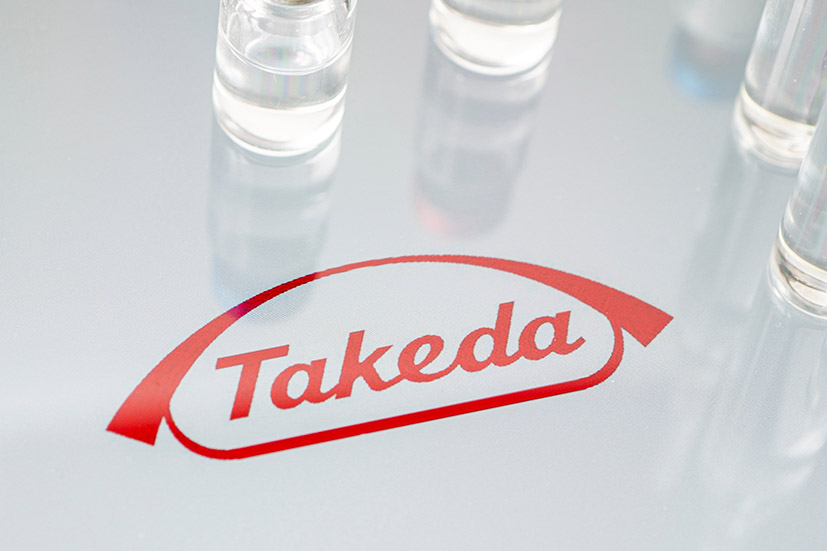The European Commission (EC) has approved Takeda’s FRUZAQLA (fruquintinib) as a monotherapy indicated for the treatment of adult patients with metastatic colorectal cancer (mCRC) who have been previously treated with available standard therapies, including fluoropyrimidine-, oxaliplatin-, and irinotecan-based chemotherapies, anti-VEGF agents, and anti-EGFR agents, and who have progressed on or are intolerant to treatment with either trifluridine-tipiracil or regorafenib.
The decision follows a positive opinion from the Committee for Medicinal Products for Human Use (CHMP) on April 25, 2024, and approval by the U.S. Food and Drug Administration (FDA) for adults with mCRC who have been previously treated with oxaliplatin- and irinotecan-based regimens on November 8, 2023.
“People living with metastatic colorectal cancer face numerous difficulties, stemming both from their illness and the adverse effects of therapies. Given the complex nature of the disease, introducing innovative treatments such as fruquintinib – an oral, chemotherapy-free targeted agent – is essential. I am looking forward to having a new choice for appropriate patients,” said Josep Tabernero, MD, PhD, director of Vall d´Hebron Institute of Oncology (VHIO).
The approval is based on results from the Phase 3 multi-regional FRESCO-2 trial. The trial investigated FRUZAQLA plus best supportive care (BSC) versus placebo plus BSC in patients with previously treated mCRC. FRESCO-2 met all its primary and key secondary efficacy endpoints and showed consistent benefit among patients treated with FRUZAQLA, regardless of the prior types of therapies they received.
FRUZAQLA demonstrated a manageable safety profile in FRESCO-2. Adverse reactions leading to treatment discontinuation occurred in 20% of patients treated with FRUZAQLA plus BSC versus 21% of those treated with placebo plus BSC. Data from FRESCO-2 were published in The Lancet in June 2023.
“Today’s approval marks an important moment for the colorectal cancer community in the EU. For the first time in over a decade, patients with previously treated metastatic colorectal cancer have a new targeted treatment option that can be used irrespective of whether their tumors harbor actionable mutations,” said Teresa Bitetti, president of the Global Oncology Business Unit at Takeda. “We look forward to offering patients a novel treatment option that has a manageable safety profile and can be effective regardless of the prior types of therapies they have received.”


